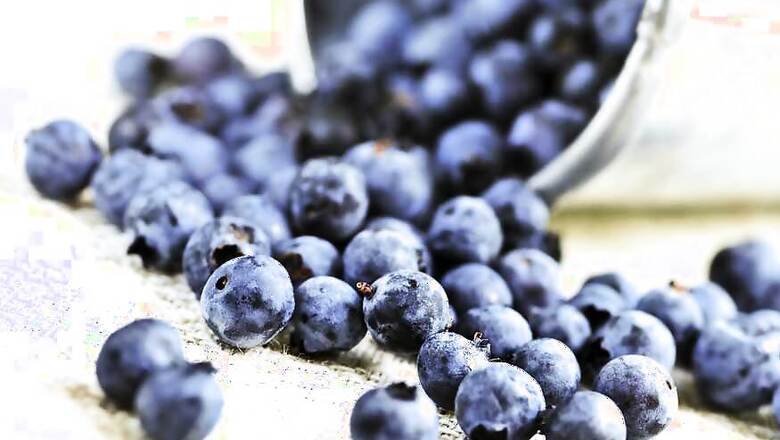
views
How does microbiota protect us from pathogens such as flu viruses and inflammatory disease? Two new American studies highlight the combined impact of good bacteria present in the intestine and nutrients essential to our immune systems.
The international scientific community is increasingly prioritizing studies of human microbiota-- the billions of bacteria, viruses, and fungi that live in our digestive systems -- and the relationship between microbiota, metabolic and psychiatric disease, and good health.
On Friday, August 4, researchers at the Washington University School of Medicine in St. Louis in the United States published results of two studies of mice that examined how intestinal immune responses can be enhanced by the consumption of certain nutrients.
In the first study, which focused on the effects of flavonoids — antioxidants mainly found in dark chocolate, bilberries and red wine — on intestinal microbiota, researchers found that these nutrients could "collaborate" with certain microbiota bacteria to combat influenza and other viral infections.
"We were able to identify at least one type of bacteria, 'Clostridium orbiscindens', that uses these dietary compounds to boost interferon, a signaling molecule that aids the immune response," explained study author Thaddeus S. Stappenbeck. This mechanism protected mice exposed to a flu virus from pulmonary complications, even when they had the same viral load as the untreated mice in the control group.
The results of the study indicate that interaction between the bacteria and the flavonoids does not target flu viruses directly, but rather stimulates a response that prevented the immune system from harming lung tissue.
Tryptophan boosts growth of immune cells
A second study suggests that the bacteria 'Lactobacillus reuteri', which is present in microbiota, in combination with a diet rich in tryptophan could promote a more tolerant digestive system by boosting the growth of anti-inflammatory immune cells.
Tryptophan, an amino acid that acts as precursor to the "wellbeing" hormone serotonin, is naturally present in such foods as turkey, cod, salami, parmesan, parsley, pumpkin seeds, soya, milk and cheese.
Researchers found that doubling the amount of tryptophan fed to mice boosted the growth of their immune cells by 50 percent, a finding that could prove useful for sufferers of inflammatory bowel disease.




















Comments
0 comment